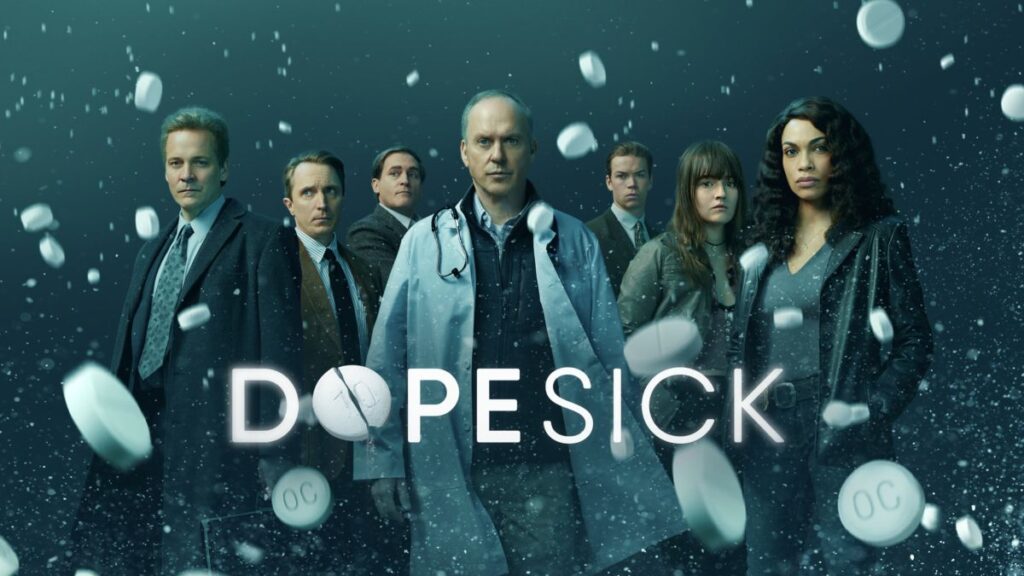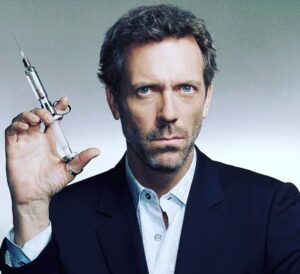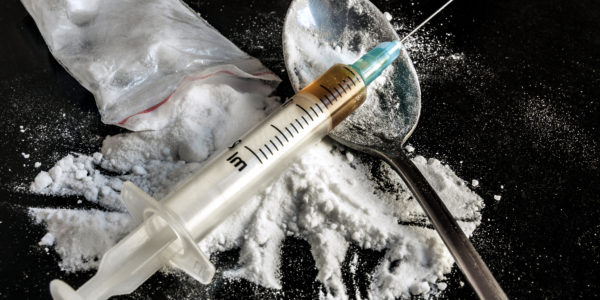LISTEN TO THIS ARTICLE:
Showing people with addiction on the big screen is nothing new to Hollywood. A quick scan of IMDB will show just how many films are about alcohol and drug addiction. From 1945’s The Lost Weekend about an alcoholic blackout to 2018’s Beautiful Boy about the relationship a father and his son with addiction, the subject is one that Hollywood has been exploring for a long time.
And no wonder! “According to the National Survey on Drug Use and Health (NSDUH), 19.7 million American adults battled substance use disorder in 2017” (“Alcohol and Drug Abuse Statistics”). That number is growing. As are the deaths associated with drug use. As reported in the NY Times, “According to the CDC’s provisional data, more than 90,000 Americans died from drug overdoses between October 2019 and September 2020,” (Siegel). It is only fitting that these stories make it on to the big screen.
But is Hollywood accurate in showing what drug addiction is, what people go through, and how they recover? Yes and no.
Starting the conversation
Movies showing addiction and recovery can make the process less frightening.
Hollywood films open the conversation about drug and alcohol addiction. Seeing stories about these people and their struggles, and likewise about friends and families coping with drug-addicted loved ones reduces the shame and stigma that for too long has kept these people and their families in the dark. Hollywood’s depictions, however flawed, begin the vital discussions needed to help curb addiction in the United States, especially.

Movies showing addiction and recovery can make the process less frightening. Seeing recovery on the big screen can help those watching know what to expect when they seek treatment. Therefore, it is essential that Hollywood depict the experience accurately. TV shows like Intervention show the devastation addiction can cause and the hope recovery can bring. Likewise, documentaries like Dopesick, an in-depth look about the opioid crisis in America, “provides a detailed look at the epidemic from all angles, and offers insight into how to address the problem” (Brightview).

Hollywood can tell real addiction stories
Celebrities who have had their own battles with drug addiction can also help by showing that no one is immune from becoming addicted. It lessens the stigma to see well-respected actors discuss their journey of addiction and recovery. It allows others to see that addiction is not a moral failing, but a disease that can affect anyone.

Hollywood films can show the real-life results of addiction, including over-dose and the abuse of prescription pills. In movies like Hillbilly Elegy and TV shows like House, viewers see how people navigate active addiction and what consequences befall them.
…But not always
However, Hollywood films can improve on showing these consequences. Often, because the goal of a film is ultimately to entertain, showing the dangerous results of active addiction can be left on the cutting room floor. And while Hollywood does show the recovery process, too often that recovery process is inaccurate. The person is seen triumphing over their addiction by the end of the film. Unfortunately, this portrayal leaves little room for discussion about the life-long journey an addict and their loved ones undergo.
The scenes of drug use are gratuitous and often humorous.
In some movies and TV shows, Hollywood can make drug use seem glamorous and appealing. Films like Fear and Loathing in Las Vegas and The Wolf of Wall Street show the characters having fun abusing drugs with little of the real effects drug use has on a person. The scenes of drug use are gratuitous and often humorous, an opposite to the reality of the disease. Even critic-praised shows like HBO’s Euphoria, use “cinematic cuts and even fully choreographed musical drop-ins create a more dynamic show,” (Brightview). And while these cinematic elements “show the complex yo-yos of use and recovery,” (Brightview), addiction can be romanticized in the face of high production values.
Overall, though, Hollywood is doing a great job at increasing awareness surrounding issues of addiction and recovery. With each new movie or show, addiction is being more fully understood and talked about, rather than ignored. It is this conversation that can lead to new solutions, less stigma, and greater empathy for those whose lives are touched by alcoholism and addiction.


 Learn
Learn Read Stories
Read Stories Get News
Get News Find Help
Find Help
 Share
Share
 Share
Share
 Share
Share
 Share
Share



